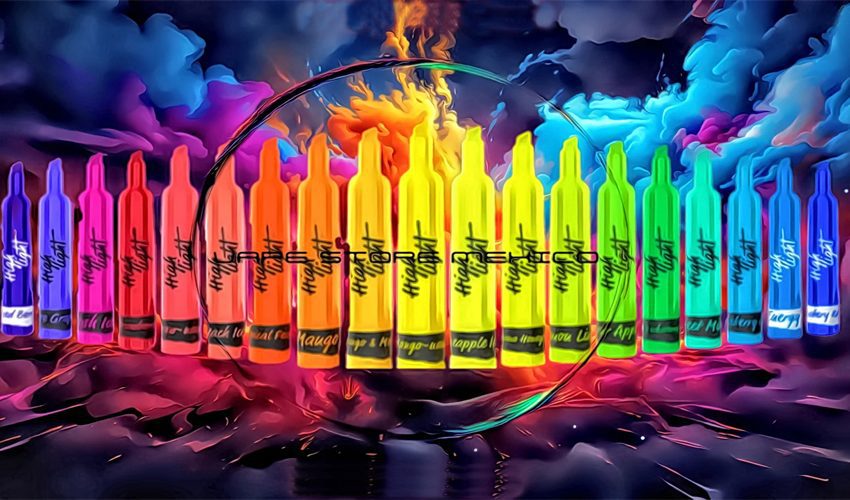
A proposed ban on vapes in Russia is a “radical measure,” according to Maxim Korolev, editor-in-chief of the industry news agency Russian Tabak, reports HCH.
In an interview with NSN, Korolev commented on the recent bill that would completely ban the retail sale of nicotine and nicotine-free vapes in the Russian Federation “for the purpose of saving people.”
“The ban is too radical a measure because it will deprive a significant number of Russians of the opportunity to receive nicotine without carcinogens, said Korolev, estimating this size of the impacted group at between 30 million and 40 million people.
At the same time, he noted, a significant share of tobacco sales in Russia avoids taxes and regulations. “What our smokers who want to quit are now getting as an alternative is also not very clear,” said Korolev. “Perhaps this is not the worst measure if it later makes it possible to introduce legal products for alternative purposes, that is, with nicotine, but with carcinogens, without combustible tobacco.”
Korolev insisted that Russians should be given the opportunity to choose alternative options to tobacco products.
“[F]or decades, we hooked the entire male population on the nicotine needle through military service: almost everyone there started smoking. Now, we need to give people the opportunity to use alternative options before simply banning everything indiscriminately.”
In 2023, the smoking rate in Russia was 18.7 percent, down from 24.2 percent in 2019. In 2022, there was a noted increase in smokers using e-cigarettes and vapes.



















